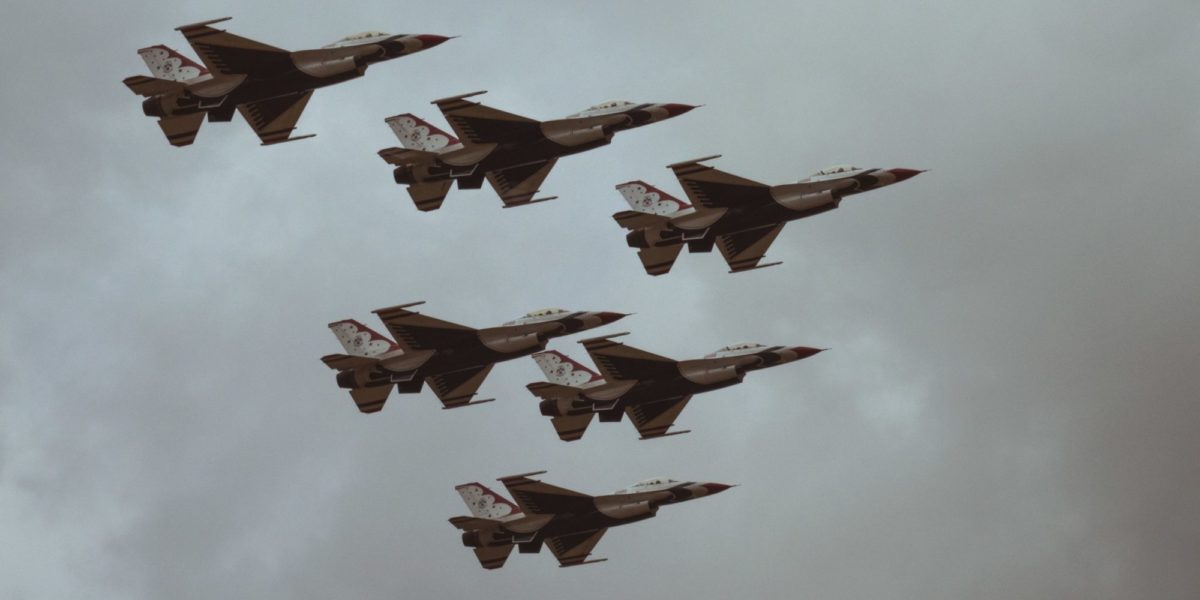Mainstream media commentary has highlighted how Russian oil and gas exports have financed Vladimir Putin’s war against Ukraine.
In 2021, Russia earned over USD $110 billion from oil exports, USD $54.2 billion from natural gas exports and USD $7.6 billion from liquefied natural gas (LNG) exports. About 2.5 million barrels per day of Russian oil is shipped to Germany, Italy, the Netherlands, Poland, Finland, Lithuania, Greece, Romania and Bulgaria.
That does mean that these countries are transferring hundreds of millions of euros every day that help finance Russia’s military.
But Svitlana Krakovska, Ukraine’s leading climate scientist, has further highlighted: “[There are] parallels between climate change and this war and it’s clear that the roots of both these threats to humanity are found in fossil fuels.”
Krakovska comments: “Burning oil, gas and coal is causing warming and impacts we need to adapt to. And Russia sells these resources and uses the money to buy weapons. This is a fossil fuel war.”
But rather than this war prompting the world to take bold action to rapidly decarbonize – to both avert financing war and driving climate catastrophe – the jostling is already underway to sell more Canadian oil and gas.
Alberta premier Jason Kenney says: “I think there is a degree of vindication. I feel like what we have been saying for years is now understood to be true. And that is, the world needs more liberal democratic energy and less conflict energy.”
Kenney’s comment sidesteps the reality that “liberal democratic energy” often violates Indigenous sovereignty and the millions of dollars spent on armed interventions on Wet’suwet’en territory to push through the Coastal GasLink pipeline qualifies that fracked gas as “conflict energy.”
While meaningful reductions in fossil fuel subsidies and carbon emissions have not occurred despite the climate crisis, the response to this fossil fuel financed war appears to be that Canada should buy new warplanes.
Prime Minister Justin Trudeau has already announced Canada will soon be deploying six CF-18 fighter jets to Romania, but Conservative national defence critic Kerry-Lynne Findlay says Canada needs to do more and buy F-35s.
This call for Canada to purchase Lockheed Martin F-35 warplanes has recently been echoed by Conservative foreign affairs critic Michael Chong, the Macdonald-Laurier Institute, retired Canadian naval intelligence officer Andrew Chester, and Canada’s former chief of defence staff Tom Lawson.
These warplanes are both carbon intensive and extremely expensive, costing an estimated $76.8 billion over their lifespan. This is money that could otherwise be used to finance a just transition away from fossil fuels.
Putin’s war on Ukraine has already been financed by oil and gas exports. Climate action years ago could have helped avert that.
Transnational corporations including BP, Shell, Chevron and ExxonMobil should bear some responsibility for their investments in Russian oil and gas.
David Suzuki has also noted: “The Alberta Investment Management Corporation owns half a million shares of a Russian investment fund whose largest holdings are in Russian fossil fuel companies Gazprom, Sberbank and Lukoil.”
This extractivism is pushing the world to the edge. The UN weather agency warned in 2021 that the annual average global temperature will rise beyond 1.5°C above pre-industrial levels in at least one of the next five years.
Canadian F-35s are years away, while unarmed civilian resistance in Ukraine is providing inspiring examples of action happening now.
Now is the time to back that resistance with globally coordinated climate action. It would be a different world today if this work had begun in response to the call from the First Earth Summit in 1972 or even the first COP summit in 1995.
As Krakovska says: “It’s clear we cannot continue to live this way, it will destroy our civilization.”



